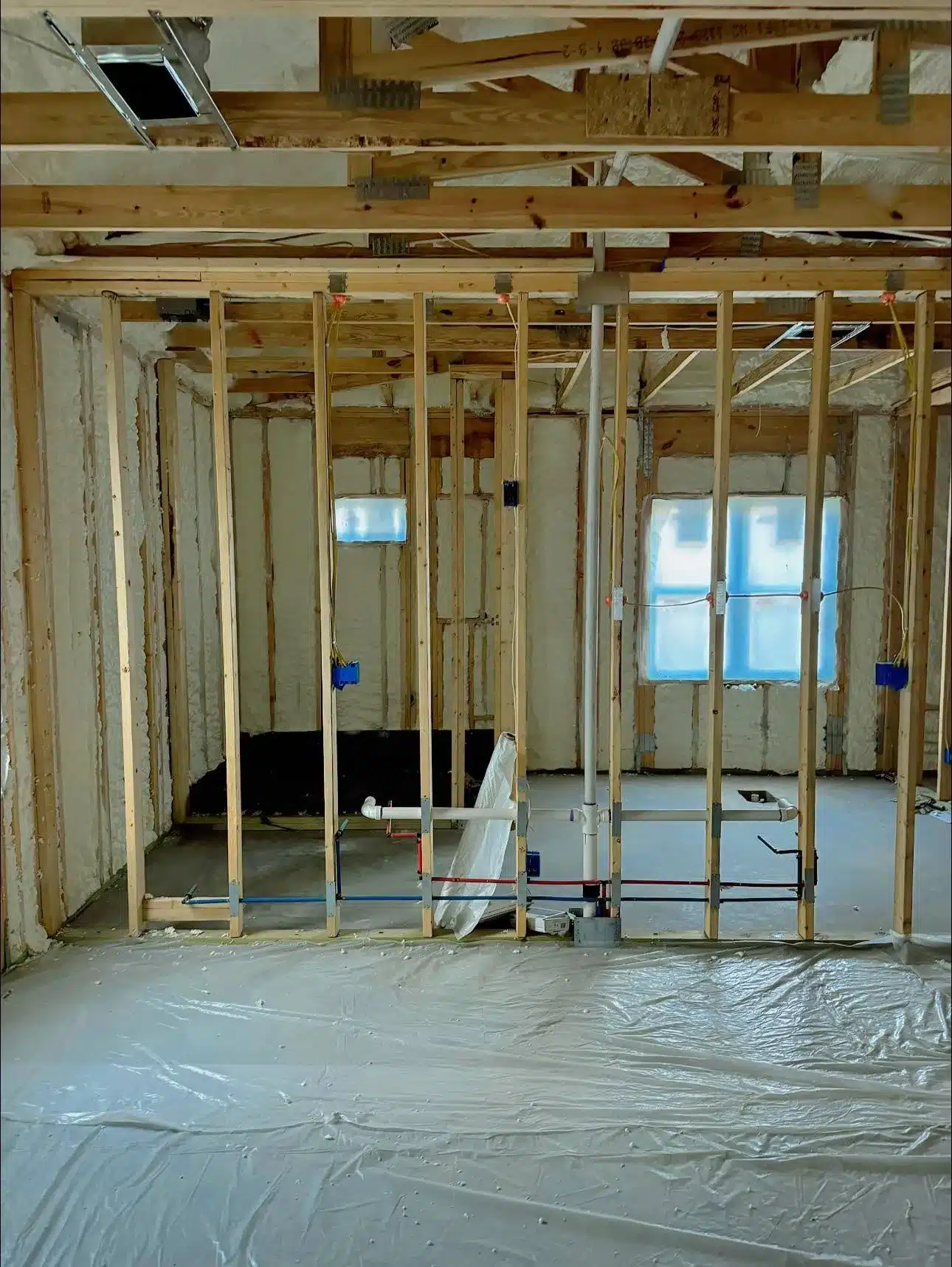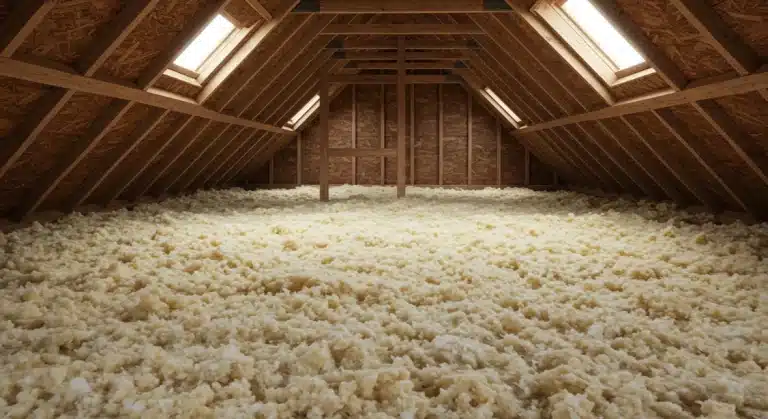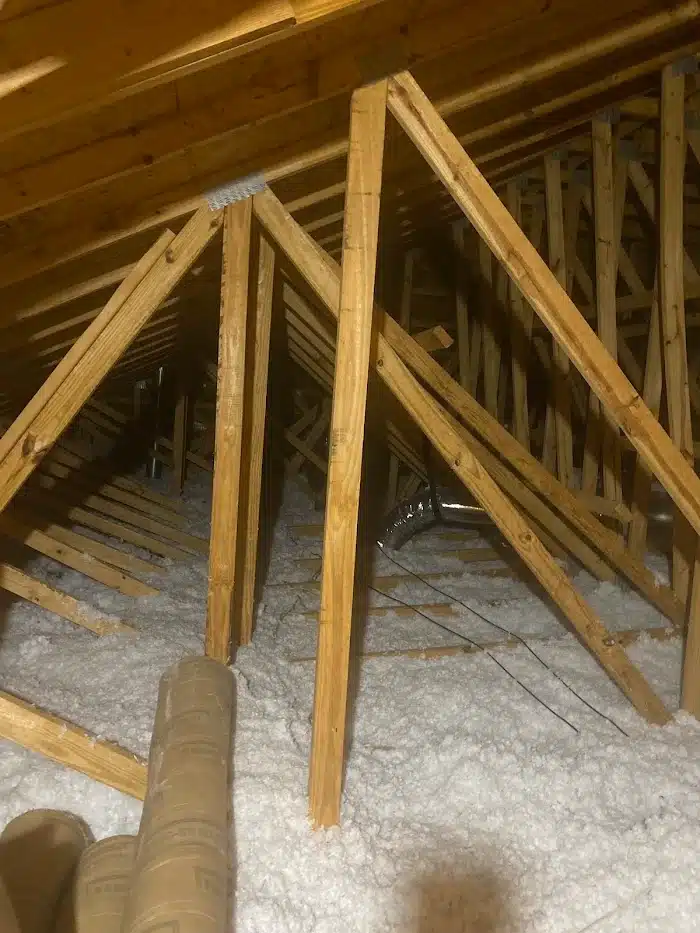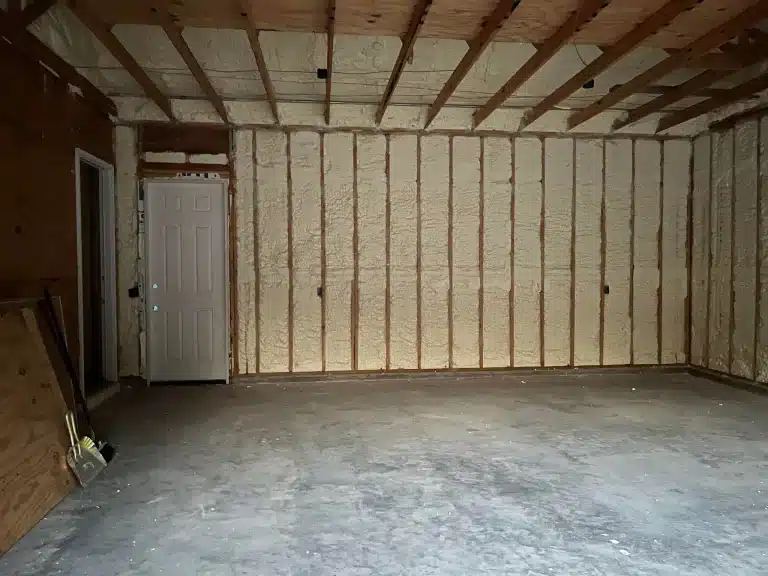Selecting the right insulation contractor in Belleview, FL depends on licensing, local climate familiarity, project experience, and insulation type specialization. Look for contractor who handle attic, wall, and roof insulation in residential and commercial properties, and who work with materials suited to Belleview’s humid subtropical environment.
Insulation performance varies significantly based on the contractor’s application quality, especially for spray foam systems. Improperly installed insulation leads to moisture problems, reduced R-values, and premature failures. The information below outlines the key criteria, technical data, and practical considerations that guide informed contractor selection.
Core Qualities to Look For
Belleview’s climate demands insulation that manages both thermal transfer and moisture control. Contractors must demonstrate skill in these areas.
Contractor Evaluation Criteria
| Evaluation Factor | Description |
|---|---|
| License and Insurance | Must hold valid Florida license and carry general liability coverage |
| Experience with Humid Climates | Proven history of insulation work in Florida’s moisture-prone conditions |
| Material Specialization | Expertise in spray foam, fiberglass, and blown-in applications |
| Project Types Completed | Residential, commercial, roof insulation, removal, and retrofit experience |
| Manufacturer Certification | Approved installer for major insulation brands (Icynene, Johns Manville) |
| Moisture Barrier Knowledge | Able to incorporate vapor control in attic and crawlspace applications |
| R-Value Knowledge | Advises on R-values compliant with Florida Energy Code (R30 for attics) |
Technical Performance of Common Insulation Materials
| Material Type | Typical R-Value/inch | Moisture Resistance | Longevity | Ideal Use Areas |
|---|---|---|---|---|
| Spray Foam (Closed) | 6.5 – 7.0 | High | 30+ yrs | Roofs, attics, crawlspaces |
| Spray Foam (Open) | 3.5 – 3.8 | Medium | 20+ yrs | Interior walls, soundproofing |
| Fiberglass Batts | 2.9 – 3.8 | Low | 10-25 yrs | Walls, ceilings, attics |
| Blown-In Fiberglass | 2.2 – 2.7 | Low | 10-15 yrs | Retrofit wall cavities |
| Cellulose Blown-In | 3.2 – 3.7 | Medium | 20+ yrs | Attics and walls |
Bonus Tip: In Belleview, closed-cell spray foam insulation is often preferred for roofing due to its resistance to moisture intrusion during hurricane season.
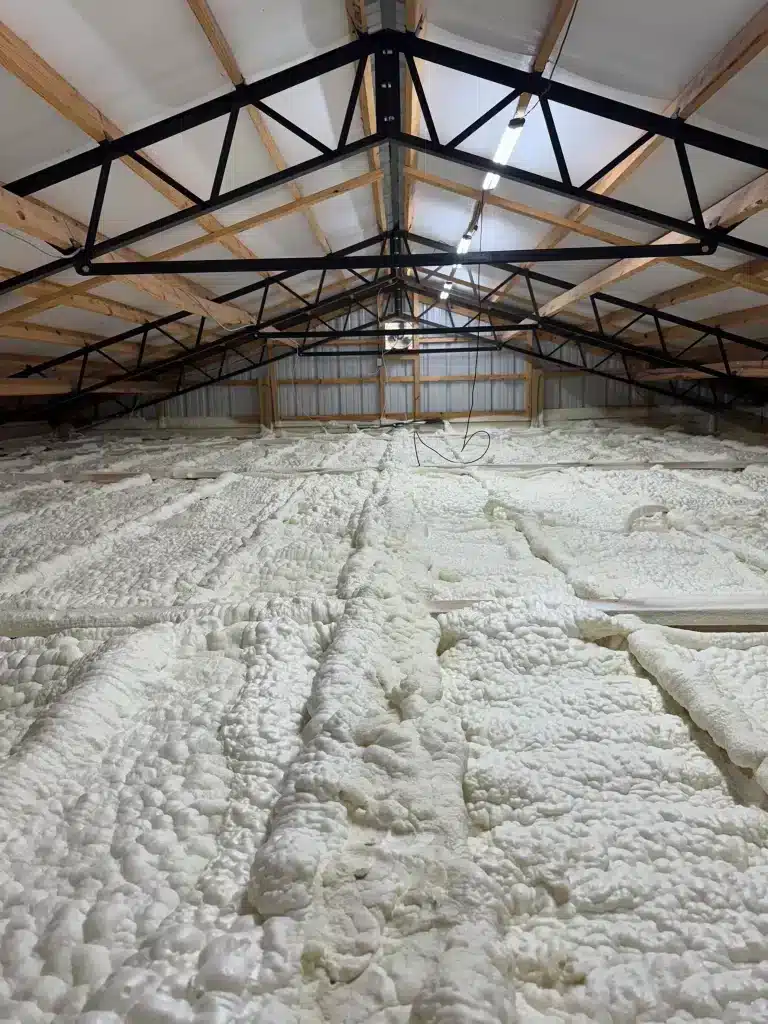
Regional Considerations for Belleview, FL
- Humidity: Contractors must integrate vapor barriers with insulation systems to prevent mold growth.
- Heat Index: R-30 to R-38 is recommended for attics in Central Florida (source: Florida Building Commission).
- Storm-Resistance: Spray foam roofing provides extra uplift resistance during high winds (source: FEMA Technical Bulletin).
Bonus Tip: Request infrared imaging from the contractor after installation to verify coverage and thermal performance.
Important Pre-Decision Factors
Before hiring, verify more than just references and online reviews.
- Scope Clarity: Ask for a written breakdown of prep, installation, material type, and cleanup.
- Moisture Plan: Confirm how moisture management will be addressed for your specific property.
- Site Visit: Insist on an on-site inspection before quoting. Avoid phone-only estimates.
- Ventilation Check: Ensure proper ventilation is factored into the insulation strategy.
Practical Services That Align With This Topic
Prestige Insulation Solutions offers relevant services that apply directly to this decision:
- Spray Foam Insulation: High-performance thermal and moisture barrier for roofs, walls, and crawlspaces.
- Blown-In Insulation: Ideal for retrofits and existing cavities needing non-invasive application.
- Insulation Removal: Safely extract outdated or damaged materials to prep for new systems.
- Residential Spray Foam Insulation: Seals gaps and improves HVAC efficiency in single-family homes.
Common Question People Ask Before Hiring
How long does insulation installation typically take?
Most residential jobs are completed in 1–2 days, depending on size and accessibility.
Should I replace old insulation or just add more?
If the material is compacted, water-damaged, or outdated (e.g., vermiculite), full removal is advised.
What certifications should a contractor have?
Look for Florida state licensing, OSHA training, and manufacturer-specific spray foam accreditation.
Can I stay in my home during installation?
For blown-in or fiberglass jobs, yes. For spray foam, temporary evacuation is usually required due to fumes.
Final Thoughts for Making the Right Choice
Choosing an insulation contractor in Belleview comes down to their ability to manage moisture, meet code, and deliver consistent results. Review real projects, demand technical detail, and verify their work aligns with Florida-specific requirements. Select those who prioritize function over quick finishes.
Get Expert Help From Local Specialists
For insulation solutions that align with Belleview’s climate and building standards, contact Prestige Insulation Solutions. Direct questions to [email protected] or call (850) 429-4969 to schedule a project evaluation. Make informed choices by relying on verified regional expertise.
Frequently Asked Questions
How often should insulation be inspected?
Every 2–3 years or after major storms. Look for signs of moisture, gaps, or pest activity.
What signs show insulation is failing?
Uneven temperatures, high utility bills, drafts, and musty odors typically indicate performance issues.
Can insulation be damaged by pests?
Yes. Rodents often tunnel through fiberglass and cellulose. Closed-cell spray foam resists infestation.
Is insulation affected by roof leaks?
Yes. Any water contact significantly reduces R-value and can foster mold. Prompt removal is necessary.
Does insulation lose effectiveness over time?
Some materials settle or degrade. Spray foam retains shape and R-value longer than most alternatives.


